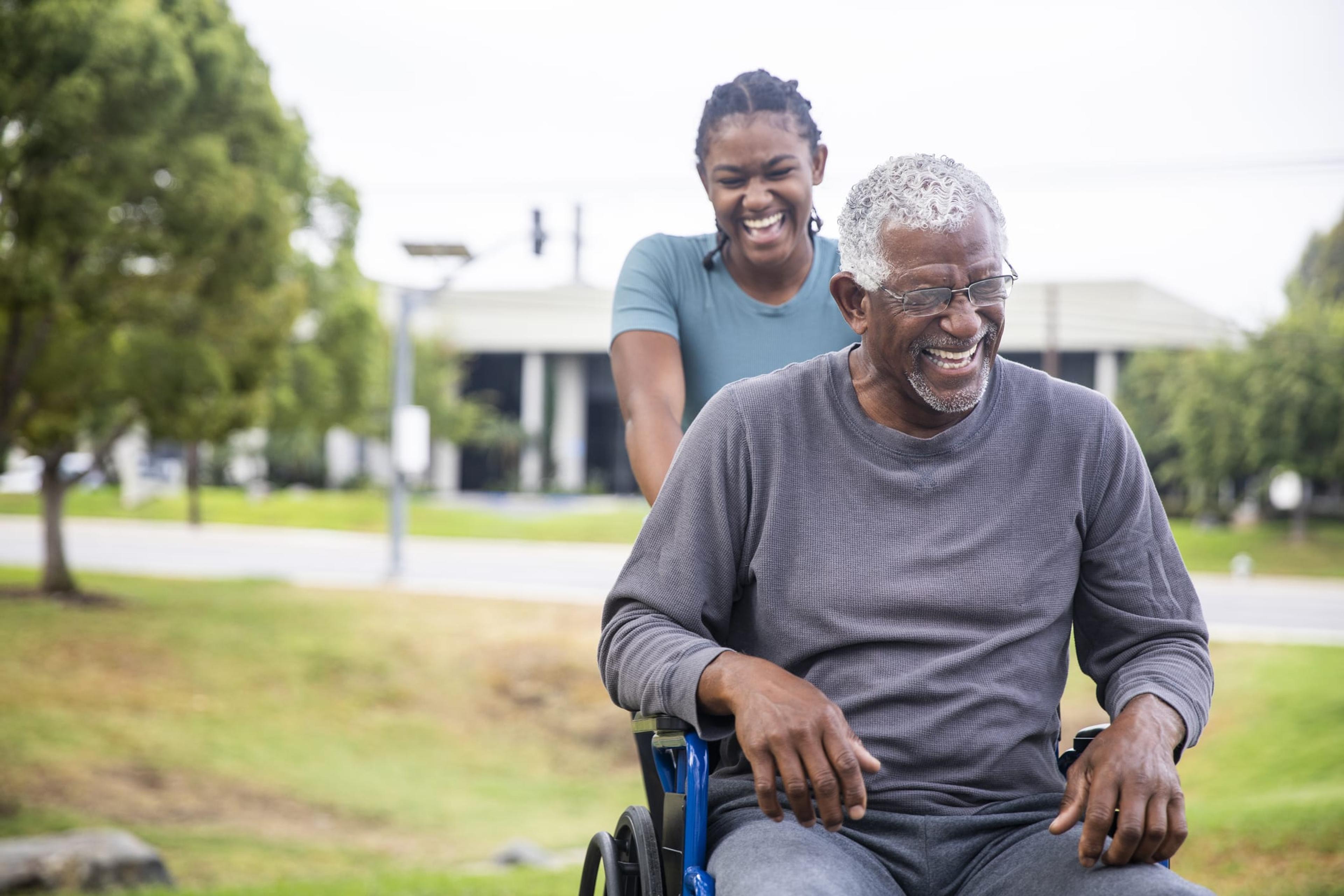
Caregiving is no easy task. It requires a significant amount of time, energy, and skill. Without proper planning, it can become overwhelming and detrimental to all parties involved. Barbara Steer, of the Area Agency on Aging 1-B, frequently advises caregivers on the dangers of occupational burnout. “In the Powerful Tools for Caregivers class, we talk about, what are your symptoms of stress? It can be mental, racing thoughts, crying, emotional, [or] trouble sleeping… so it's the gamut.” Meanwhile common physical symptoms can include migraines, back pain and an upset stomach. The best way to avoid these complications is to better manage your duties. Caregivers must fully understand what’s required and what they can accomplish. The first step is learning everything you can about the person receiving care. What are their strengths and weaknesses? What health restrictions do they have? “Whatever the disease is, if you're going to be caring for this person, you need to know about the drugs that they're taking so you can give them the right way,” said Dr. Raymond Hobbs, a physician consultant at Blue Cross Blue Shield of Michigan. “Many people, when they have a loved one who's ill, it's like they're entering a black box. They don't know what's going to happen, what's going to go on.” On the latest episode of the A Healthier Michigan Podcast, hosted by Chuck Gaidica, both Hobbs and Steer provide tips on managing stress and the art of caregiving. [podcast_player] It’s not unusual to neglect yourself when focusing on others. “People pour themselves lovingly into caregiving and then you think, 'Oh, I couldn't be feeling angry. I'm not tired. I'm not hungry. I can't take time for myself,'” said Steer. “People have these feelings and they end up getting isolated and that just makes things worse. A lot of feelings come up because of the stresses of caregiving.” Caregivers need to maintain who they are as individuals. That means setting healthy boundaries for themselves and the other person. Also, making sure they get enough rest. Irregular sleeping patterns can leave you exhausted, making it difficult to perform adequately. “Some people sleep all the time. Some people have insomnia. It's opposite poles of the same problem,” explained Dr. Hobbs. The Powerful Tools for Caregivers addresses these issues by looking at caregiving as one part of a larger whole. “It takes a village," said Steer. “It really does. We start with taking care of yourself, identifying stress… We talk about communicating in challenging situations and learning from our emotions… And then the tools, there are so many." Remember: A caregiver’s greatest resource is a primary care physician. The person that made the diagnosis of the loved one. They have intimate knowledge of what will and won’t work for them in the long-term. PCPs also have access to a medical support staff and can refer you to places or groups for help. For more information on the Powerful Tools for Caregivers course visit the Area Agency on Aging 1-B's website or call 800-852-7795. Want more content like this? Read these posts:
Photo credit: adamkaz





